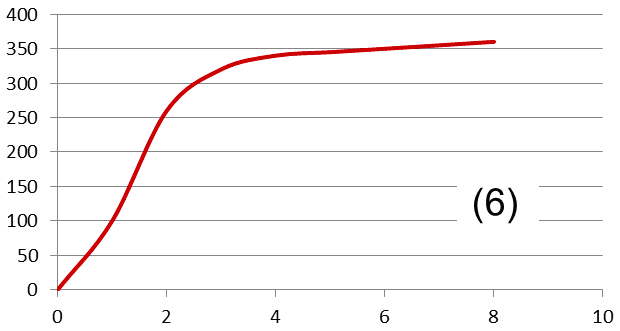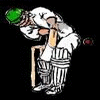Skip over navigation















Or search by topic
Number and algebra
Geometry and measure
Probability and statistics
Working mathematically
Advanced mathematics
For younger learners
Box Plot Match
Age 14 to 16
Challenge Level 





- Problem
- Student Solutions












You may also like
Tree Tops
Can you make sense of information about trees in order to maximise the profits of a forestry company?
Cricket Ratings
Like all sports rankings, the cricket ratings involve some maths. In this case, they use a mathematical technique known as exponential weighting. For those who want to know more, read on.
History of Morse
This short article gives an outline of the origins of Morse code and its inventor and how the frequency of letters is reflected in the code they were given.

